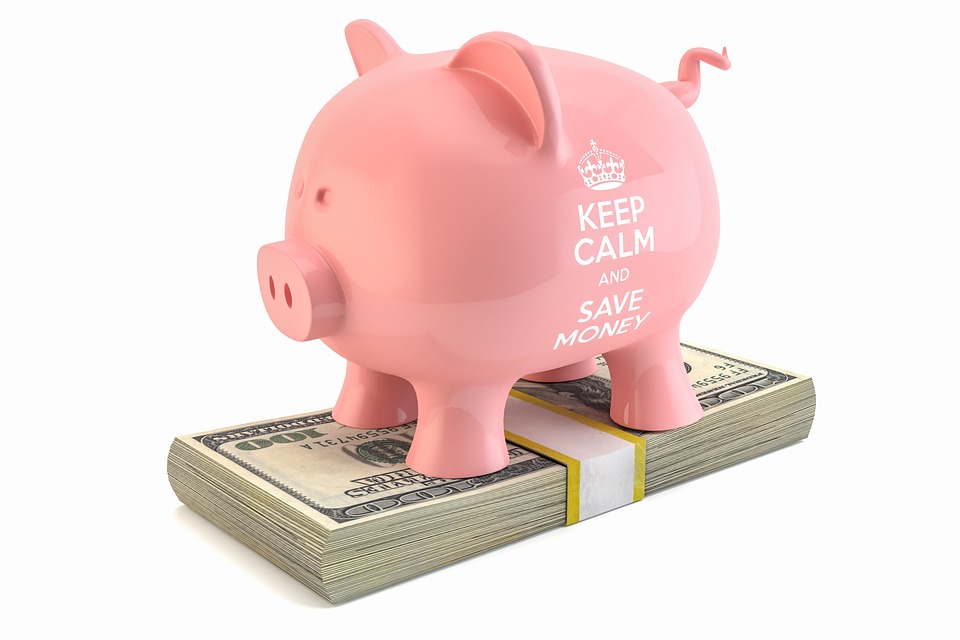Are you looking for a low-risk investment option that offers guaranteed returns? Look no further than certificates of deposit, commonly known as CDs.
Despite their popularity among savers and investors, many people are still confused about what exactly a CD is and how it works. That’s why we’ve put together this beginner’s guide to help you understand everything there is to know about CDs, from how they work to the benefits and drawbacks of investing in them.
Whether you’re new to investing or just curious about adding CDs to your portfolio, this guide will give you all the information you need to make informed decisions about your finances.
Definition
A certificate of deposit (CD) is a type of deposit account that typically pays a higher interest rate than a traditional savings account. CDs are offered by banks and credit unions. They’re insured by the Federal Deposit Insurance Corporation (FDIC) for banks or the National Credit Union Administration (NCUA) for credit unions.
The minimum deposit required to open a CD account varies but can be as low as $500. The term, or length of time until maturity, also varies. It can range from 30 days to 5 years or longer. Some CDs have terms of up to 10 years.
When you open a CD account, you agree to leave your money on deposit for the entire term. If you withdraw your money before the CD matures, you’ll usually pay a penalty. The penalty is typically equal to 3 months’ worth of interest, but it can vary depending on the bank or credit union and the type of CD.
Interest rates on CDs are fixed, which means they won’t change during the term of your CD. That’s different from savings accounts and money market accounts, where interest rates can go up or down at any time.
Terms
When you open a CD, you’re agreeing to leave your money in the account for a set period. This commitment is what gives CDs their name—a certificate of deposit. In return for your promise to keep your money on deposit for a specific amount of time, the bank agrees to pay you interest at a set rate.
The term is the length of time that you agree to keep your money on deposit. CD terms range from a few months to several years. The longer the term, the higher the interest rate usually is. But there are some other things to consider when you’re choosing a CD term.
To start, think about how long you can afford to tie up your money. If you need access to it before the CD matures, you’ll have to pay an early withdrawal penalty equal to a few months worth of interest. That’s why it’s important to choose a CD term that works with your financial goals and timeline.
Once you’ve selected a term, read the fine print carefully before signing on the dotted line. There may be restrictions on withdrawals or other conditions that could impact how and when you get your money back. By understanding the terms of your CD before opening it, you can avoid any unwanted surprises down the road.
Interest Rates
When you open a CD account, you agree to deposit money for a set period, called the term. In exchange, the bank agrees to pay you interest at a set rate. The longer the term, the higher the interest rate typically is.
When it comes to CDs, there are two types of interest rates: simple and compound. Simple interest is calculated only on your principal, or the money you deposited. Compound interest is calculated on your principal and any accumulated interest. So, if you have a CD with compound interest, you’ll earn interest on your interest earnings as well as your principal.
The frequency of compounding also affects your overall interest earnings. The more often compounding occurs, the more interest you’ll earn (all other factors being equal). For example, if two CDs have the same annual percentage yield (APY) but one compound daily while the other compounds monthly, the daily compounded CD will have a higher effective yield.
Pros and Cons
Certificates of deposit, or CDs, are a type of savings account that offers a higher interest rate in exchange for a set period during which you agree not to withdraw the money. This can be a great way to grow your savings, but it is also helpful to look into the pros and cons of a certificate of deposit before opening a CD. The biggest advantage of a CD is the interest rate. CDs typically offer higher interest rates than other types of savings accounts, so you can grow your money more quickly. They can also be a good option if you’re looking for a low-risk investment.
However, there are some potential downsides to CDs as well. One is that you may not be able to access your money until the CD matures and you may incur penalties if you try to withdraw it early. Additionally, if interest rates rise after you open your CD, you could end up earning less than if you had invested in another type of account.
Before deciding whether a CD is right for you, it’s important to understand both the pros and cons. Weighing these factors will help you decide if a CD is the best way to grow your savings.
Automatic Renewal
When you open a CD, you agree to leave your money on deposit for a fixed term. In return, the bank agrees to pay you interest at a set rate. When the term is up, you can withdraw your money, or you can renew the CD and leave your money on deposit for another term.
Most CDs are automatically renewed when they mature. That means that if you don’t take any action, the bank will automatically renew your CD for another term at the same interest rate.
The bank will usually give you a grace period of 10 days after the CD matures to decide whether you want to renew or not. If you don’t take any action during that time, the bank will assume that you want to renew and will do so for another term.
Understanding Certificates of Deposit
Understanding Certificates of Deposit can be hard, but understanding the basics such as terms, interest rates, and advantages is a great start. For more information, consult with a financial advisor to assess your own financial needs.
Don’t wait – start understanding now to help secure your financial future!



















